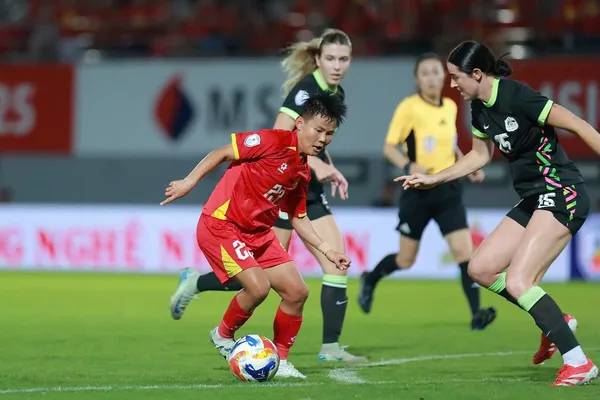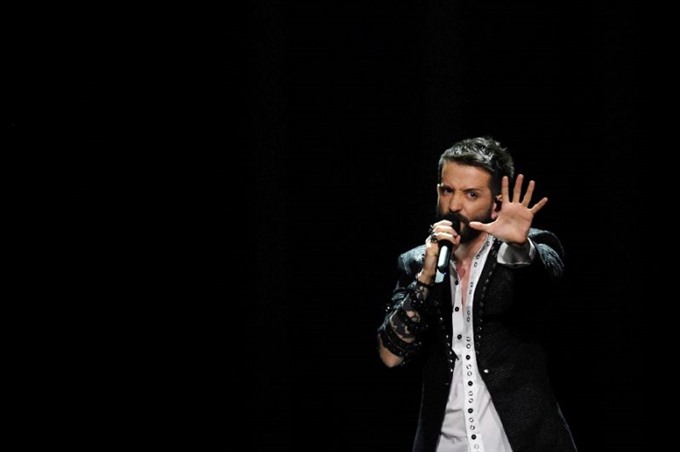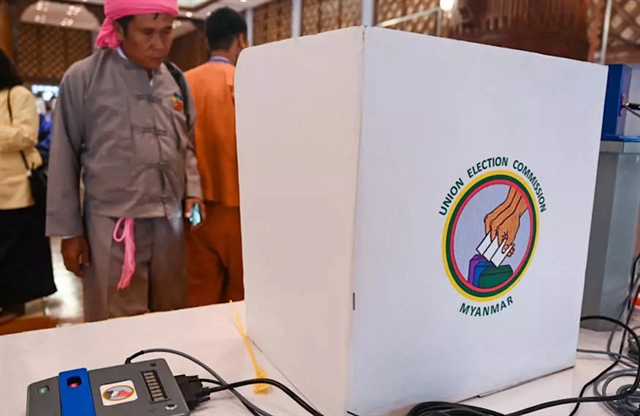

Performances at the Eurovision Song Contest including tattoos and a gay-themed dance were cut from a semi-final broadcast in China.
 |
| Albania’s singer Eugent Bushpepa performs the song "Mall" during the first semifinal of the 63rd edition of the Eurovision Song Contest 2018 in Lisbon — AFP Photo |
BEIJING — Performances at the Eurovision Song Contest including tattoos and a gay-themed dance were cut from a semi-final broadcast in China.
Online video service MangoTV did not show the heavily tattooed Albanian singer Eugent Bushpepa and an entry from Ireland, which featured a romantic dance sequence by two men, when it aired it on Wednesday.
Contestants from 19 countries took part in Tuesday’s first semi-final of the competition being hosted by Lisbon, Portugal, ahead of Saturday’s final.
MangoTV also blurred out rainbow flags in the audience associated with the LGBT movement.
LGBT culture remains taboo in China’s entertainment industry where same-sex relationships are banned from television screens and gay content is forbidden on online streaming platforms.
With its high kitsch content, Eurovision has long been popular with gay fans, and rainbow flags representing gay rights are a common sight at the finales alongside those of participating nations.
Austrian bearded drag queen Conchita Wurst shot to fame after winning the Eurovision Song Contest in 2014 with her song Rise Like A Phoenix and used her platform to campaign for gay rights.
The omissions from Wednesday’s broadcast were not explained.
Representatives from MangoTV, with exclusive rights to telecast the show in China, could not be reached for comment.
A spokesman for parent company HunanTV said that they "weren’t aware" of edits to the Eurovision broadcast in China.
China’s media watchdog in January banned tattoos and other "decadent" subculture elements from broadcasts, as it cracks down on what it sees as behaviour contrary to the ruling Party’s "values and morals".— AFP




